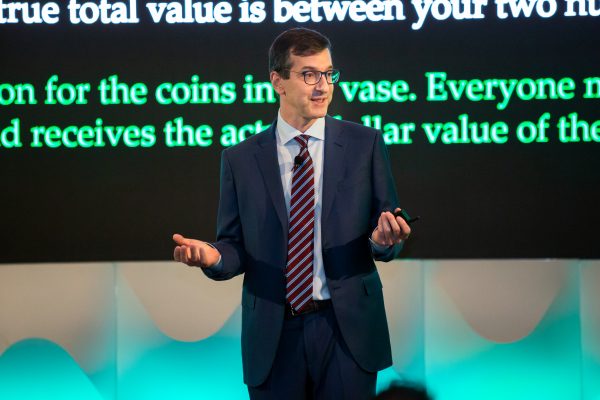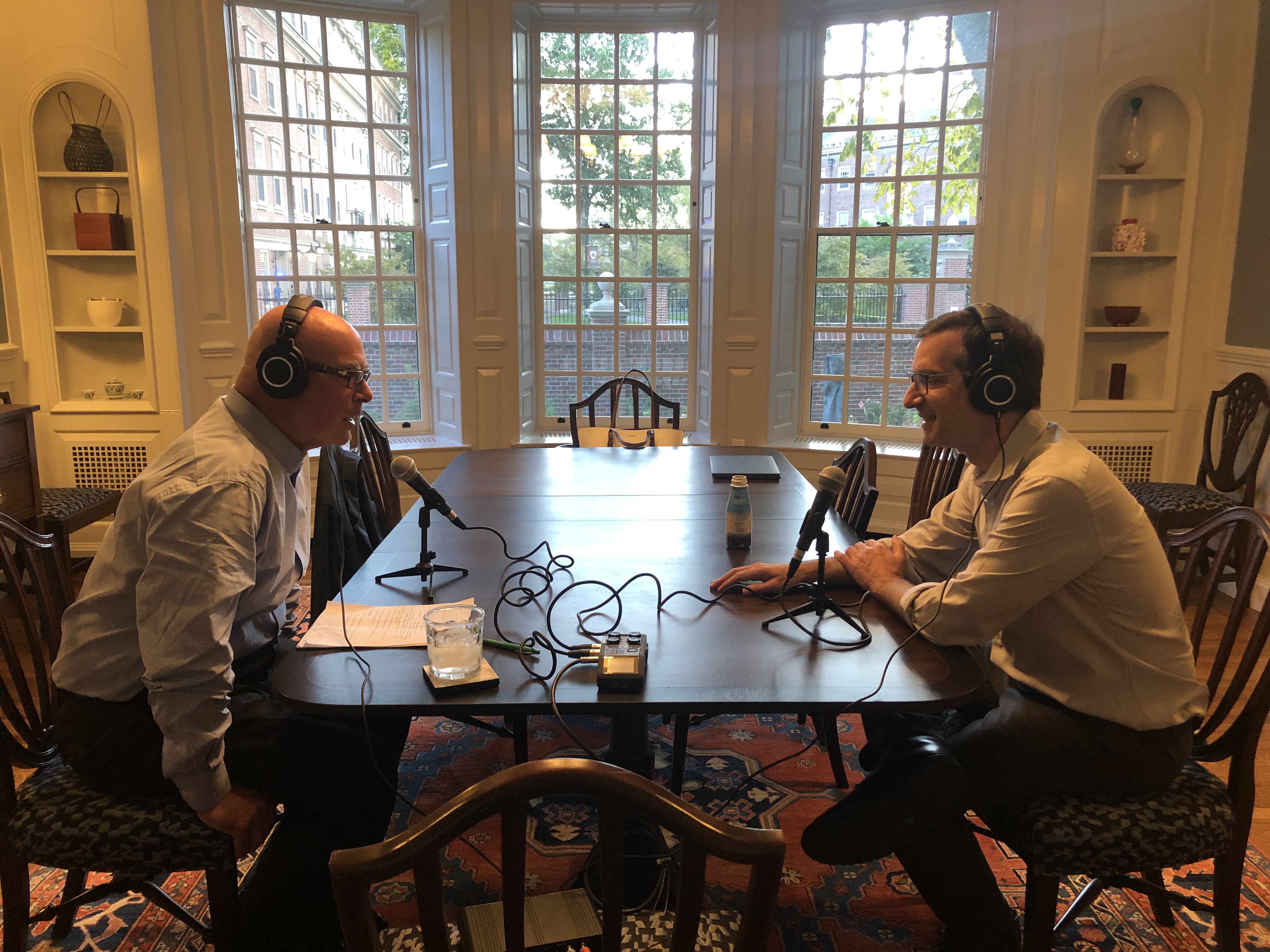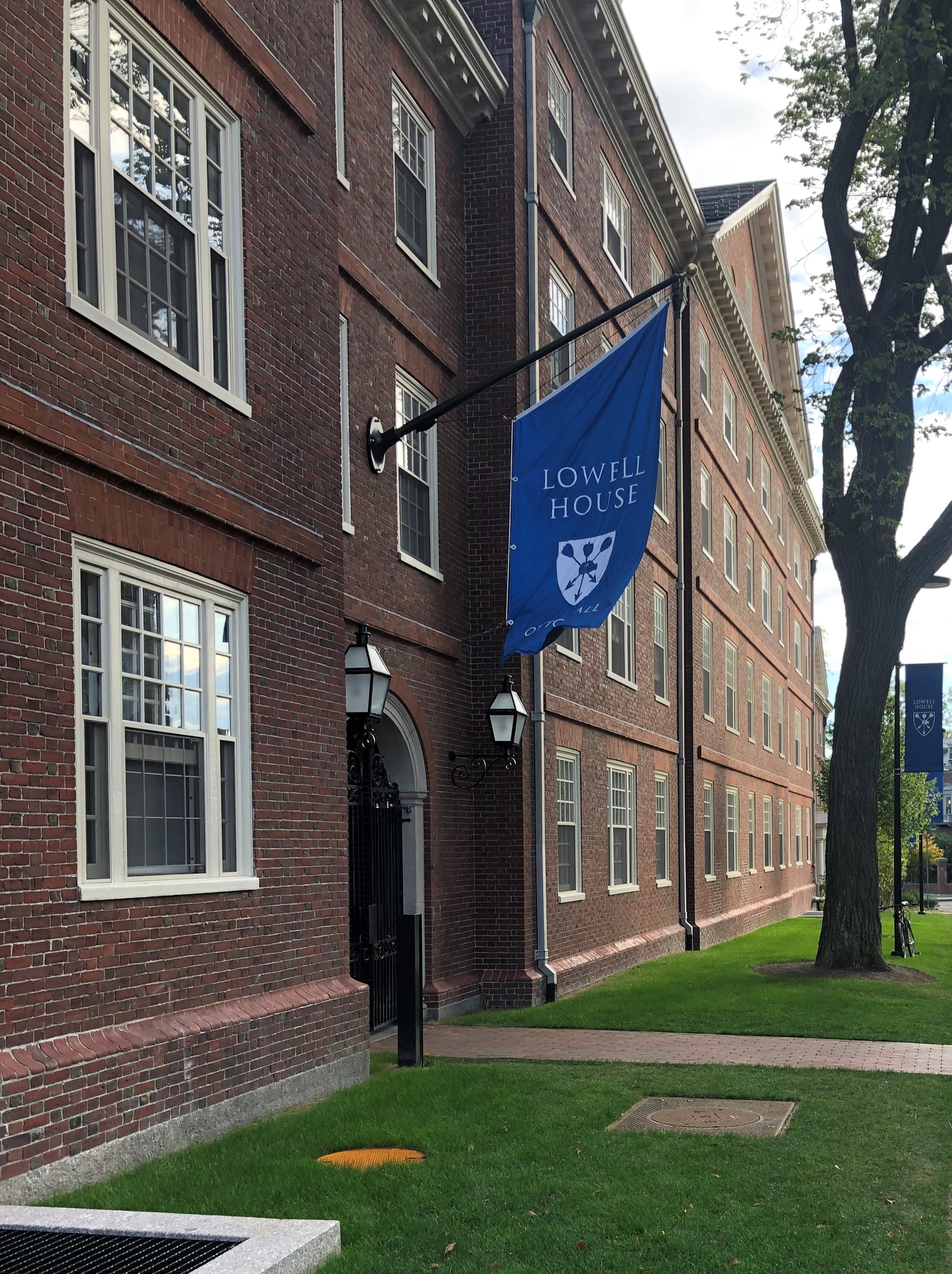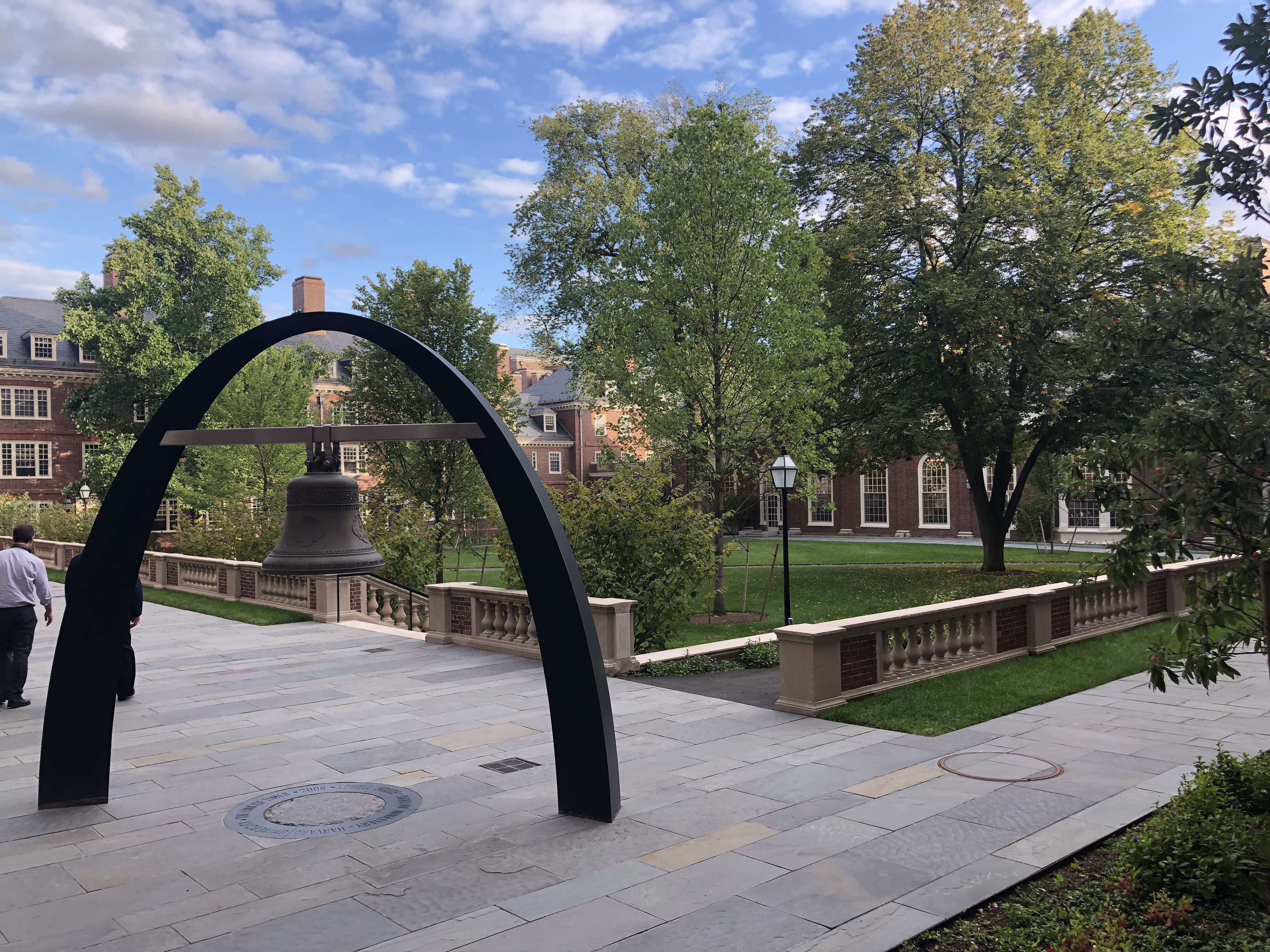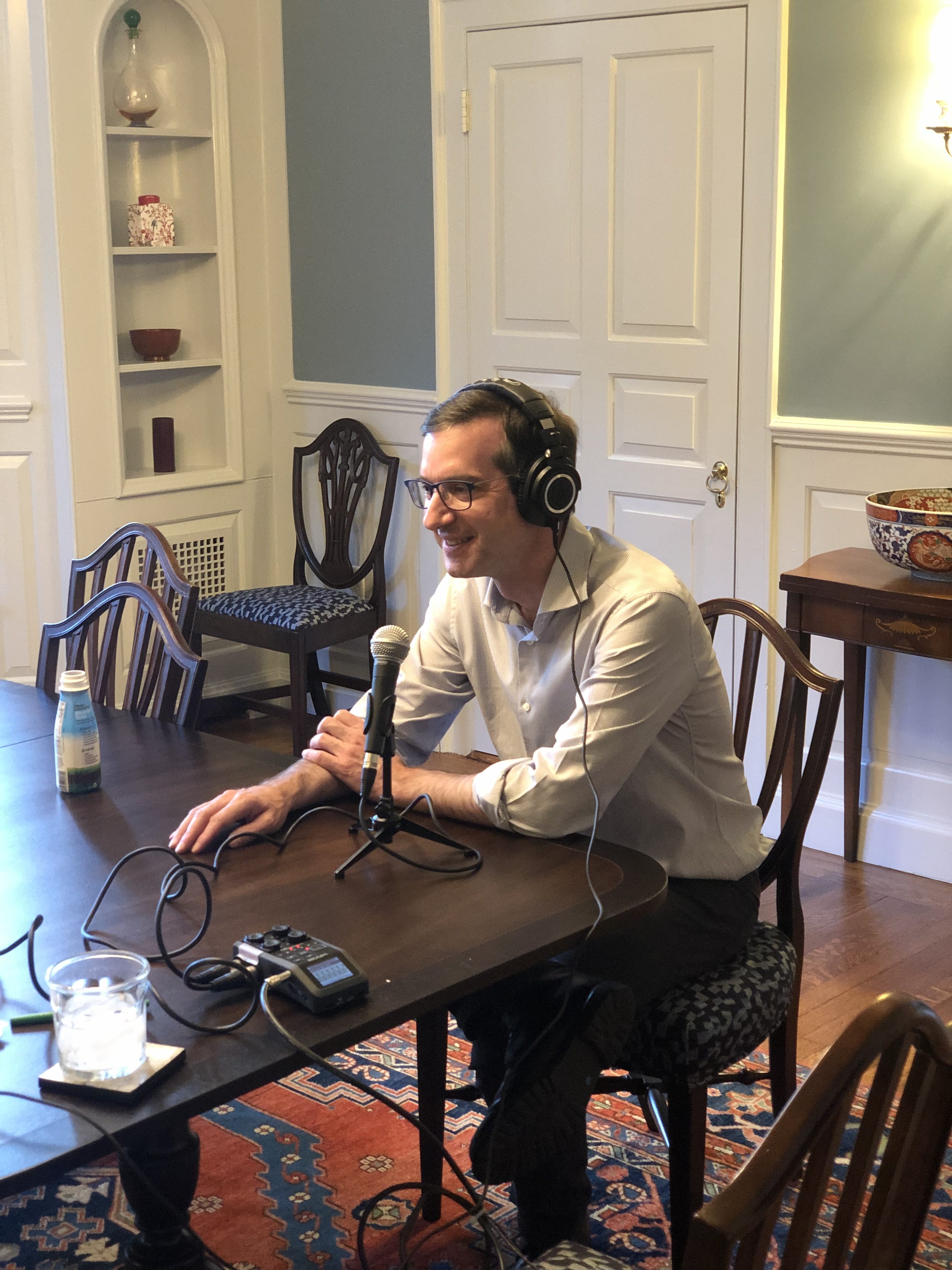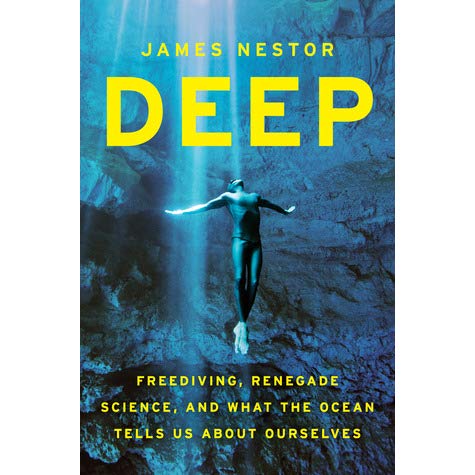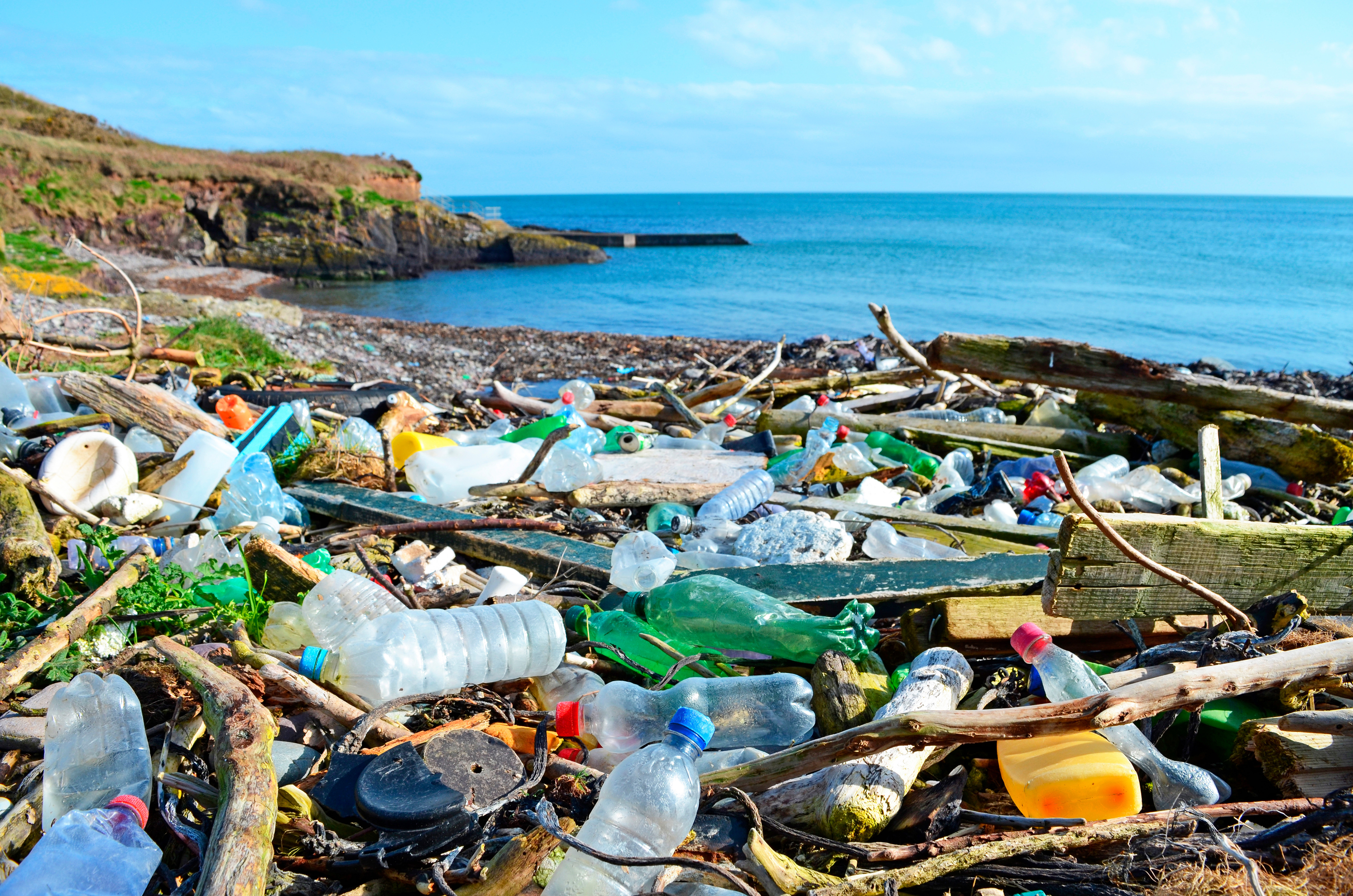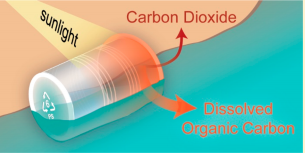57 minute listen
Cambridge, MA
Listen to my interview with David I. Laibson, the Robert I. Goldman Professor of Economics at Harvard University, Faculty Dean of Lowell House, and this year's Featured Speaker at the 12th Annual Bigelow Forum held in September at the Wentworth by The Sea Hotel.
Find out what David's passions are, his thoughts on what is (and what is your) "unlearning" as we think about cognitive biases that negatively affect Owner- Manager good decision making. We also discuss why, as a senior professor, he lives in an undergraduate residence hall, and what his professional life may look like ten years from now.
What I am Reading / Listening to
Deep: Freediving, Renegade Science, and What the Ocean Tells Us About Ourselves by James Nestor (2014)

"How inappropriate to call this planet Earth, when clearly it is Ocean."
As one who describes himself most often to be found on or in the Atlantic, I found Nestor’s exploration to be a terrific combination of adventure, science, and practical application. While he nominally describes the story of an extreme sport of no limits “free diving” along with its technical and human endurance challenges, he also informs us about the practical application of breath work (super-ventilation), the beauty of oceanography, and most of all, re-engaging with some of the most human talents and abilities that we're losing touch with as we've turned our attention toward technology and comfort instead of nature, and the sea.
Entrepreneur Owner-Manager Quote
“Sometimes I feel like I'm in the Truman show, or some kind of reality show and the curtain is going to open up and somebody is going to say this is all one big joke!"

-Kathy Garfield, Owner of Keller Products Inc. at The Bigelow Forum 2019 (referring to being a business owner and dealing with all the never ending issues that come with it)
Energy Creation
How sunlight degrades plastic trash to carbon dioxide in only 10 years?
Conservation groups, politicians, governments, even the United Nations have repeatedly lectured us that the plastics we use every day, which are then ultimately discarded, have a life as trash of hundreds of years if not millennia. For example, a 2018 United Nations Environment Programme report states that “polystyrene will take up to thousands of years to decompose.”
Contrast that with a gathering I was at recently at the Woods Hole Oceanographic Institution where groundbreaking new research authored by a team of Woods Hole and MIT scientists was unveiled. Their report, published in an American Chemical Society publication Environmental Science & Technology Letters demonstrates that polystyrene is completely photo-chemically oxidized to carbon dioxide and dissolved organic carbon. Moreover, the decomposition of these plastics largely through photo-chemical oxidization (decode: from sunlight) are orders of magnitude faster than the prevailing cultural assumption, which is that the plastic trash lasts in the environment for millennia. The new research says more like 10 years—still a long time— but hey a lot less than 1000 years.
Look, maybe it’s obvious, but to a practitioner like me, all research science, including reports from the UN in 2018 or from any laboratory should consider starting with the thought, “based upon what we know now,” and contain fewer declarative sentences as if “this is the Truth.” Even “this is the Truth based upon what we know now” would satisfy me.
Changes in the environment are real, but the answer doesn’t lie with conservation. I am not an advocate for plastics per se, but I can see that across the world, developing cultures' access to technologies like power, clean water, and synthetic materials (like plastic) is correlated with quality of life. Rather, the convergence of technology coupled with entrepreneur capital and energy suggests that we will see technology solutions to environmental challenges happen at an increasing rate. New hard science research like this from Woods Hole and MIT validate our optimism and merit our attention and support. More than mere conservation organizations which often have good intent and strong opinions, organizations like Woods Hole provide us with the hard facts our cultures' dialogues often lack.
You can find another mention of this research from the New York Times here.

